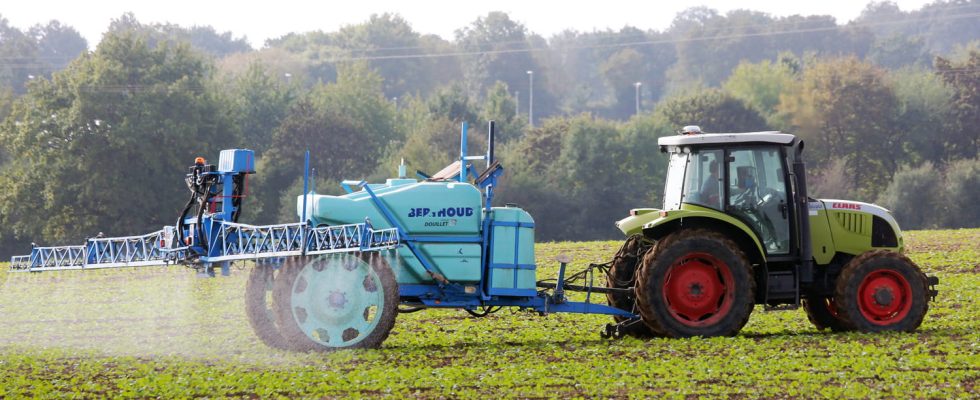While the use of glyphosate in the European Union has just been renewed for 10 years by the European Commission this Thursday, November 16, the health and environmental risks surrounding this herbicide remain highly debated.
The question of the health risks posed by glyphosate, the best-selling herbicide in the world, greatly divides experts. Two sounds of bells separate a majority of scientists on one side and the EU bodies responsible for issues relating to food safety and chemicals on the other.
Among scientists, there is a fairly broad consensus that glyphosate is a dangerous product. Unlike other substances, there are now a large number of studies on glyphosate which allow us to know more. For example, in 2015, the International Agency for Research on Cancer (IARC), attached to the WHO, classified it in the probable carcinogenic category.
It has also been proven, in a study by Inserm (National Institute of Health and Medical Research) dating from 2021, that exposure to glyphosate potentially increases the risks of being affected by non-Hodgkin’s lymphoma (a type of blood cancer) for farmers who are exposed to it. Tests carried out in various animal species brought the same results.
Health and environmental risks
In an interview delivered to Mediapart in September 2023, the toxicologist and pesticide specialist at the National Institute for Agriculture, Food and the Environment (Inrae) Laurence Huc discusses studies carried out by the United States National Library of Medicine (library specializing in medicine based in the United States). The first, a 2019 epidemiological meta-analysis based on all available data on farming populations, highlights that the risk of developing non-Hodgkin lymphoma would be increased by 40%. She also mentions another study, this time a pooled analysis of more than 3 million subjects, tending to show that the risk of developing non-Hodgkin’s lymphoma increases by 36% in the event of exposure to glyphosate.
In addition to the cancer risks brought by exposure to this herbicide, the IARC considers that there is convincing evidence that glyphosate is a genotoxic substance, that is to say that it could alter the DNA of living beings. A result shared by other studies.
Although it is not officially recognized as such by the European Union, scientists recognize glyphosate as an endocrine disruptor, a substance with harmful effects on fertility. Still according to Ms. Huc, glyphosate would also be neurotoxic, that is to say harmful to the nervous system.
Humanity is not the only one concerned by the risks of glyphosate. It is also a dangerous product for the environment. Its effects would be very broad and concern the quality of water and air as well as the richness of the soil.
